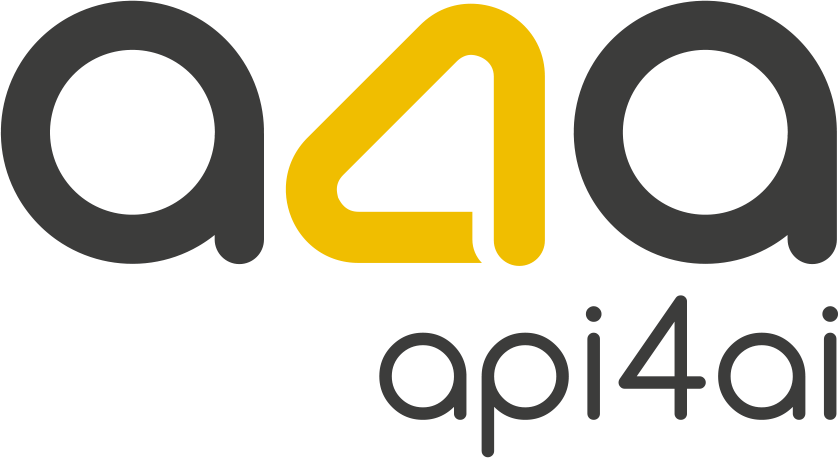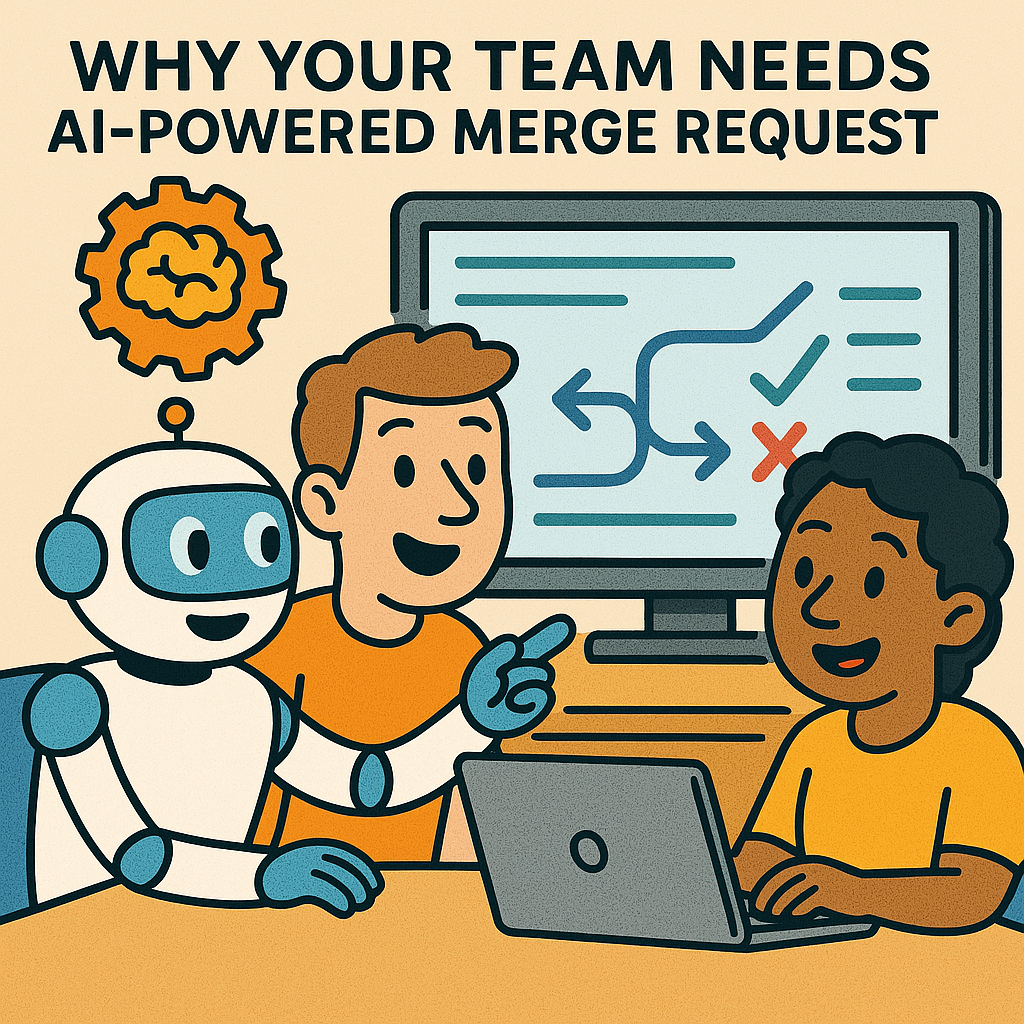
Why Your Team Needs AI-Powered Merge Request Reviews
AI-powered Merge Request reviews are revolutionizing the way software teams approach code quality, collaboration and development speed. Traditional code reviews, while essential, often suffer from delays, inconsistency and limited scalability — especially in fast-paced or growing teams. By leveraging large language models (LLMs), AI-driven tools can automatically analyze code changes, catch potential bugs, enforce coding standards and provide instant feedback within your existing platforms like GitLab. This not only shortens review cycles and reduces context switching but also helps align teams on best practices and fosters a more productive development environment. In this post, we explore how AI-based review solutions, such as CRken, are helping teams release better code faster — and why now is the time to adopt them.
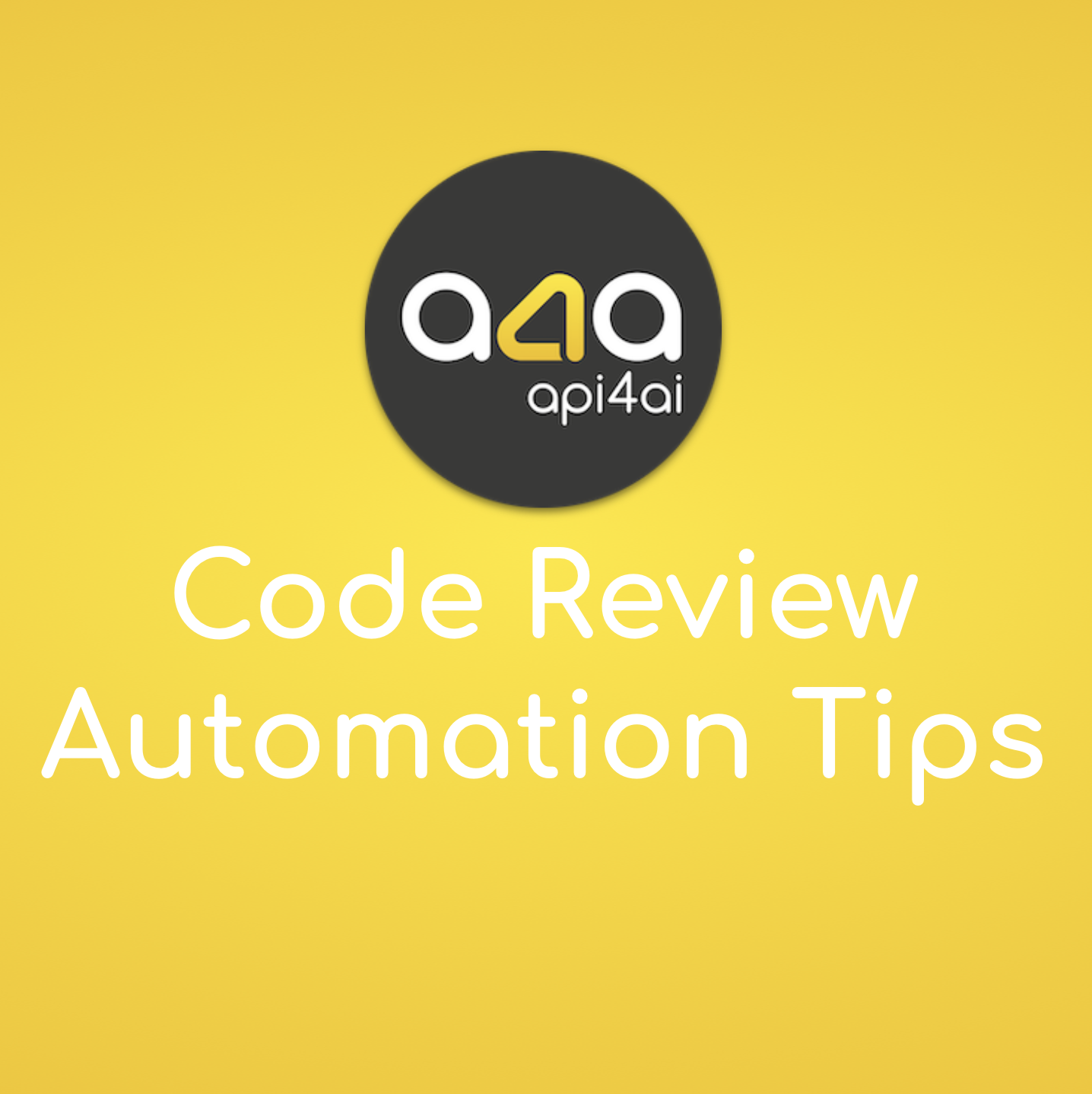
Code Review Automation Tips
AI-powered code review is transforming how teams maintain software quality, accelerate feature releases and enforce best practices. Traditional manual reviews, while valuable, can slow down development and introduce inconsistencies. By leveraging automated code review tools powered by large language models (LLMs), teams can streamline their workflows, ensuring faster, more efficient and more consistent code evaluations.
This guide explores the key benefits, challenges and best practices of integrating AI-driven code review tools, from reducing human error and improving scalability to overcoming common pitfalls like false positives and security concerns. With advancements in context-aware AI analysis, automated code reviews are evolving beyond syntax checks to provide deeper architectural insights and proactive refactoring suggestions.
For teams looking to stay ahead in software development efficiency, embracing AI-driven solutions like CRken can unlock new levels of productivity and collaboration. As AI continues to advance, code review will shift from a manual bottleneck to a seamless, intelligent process that enhances every stage of development.
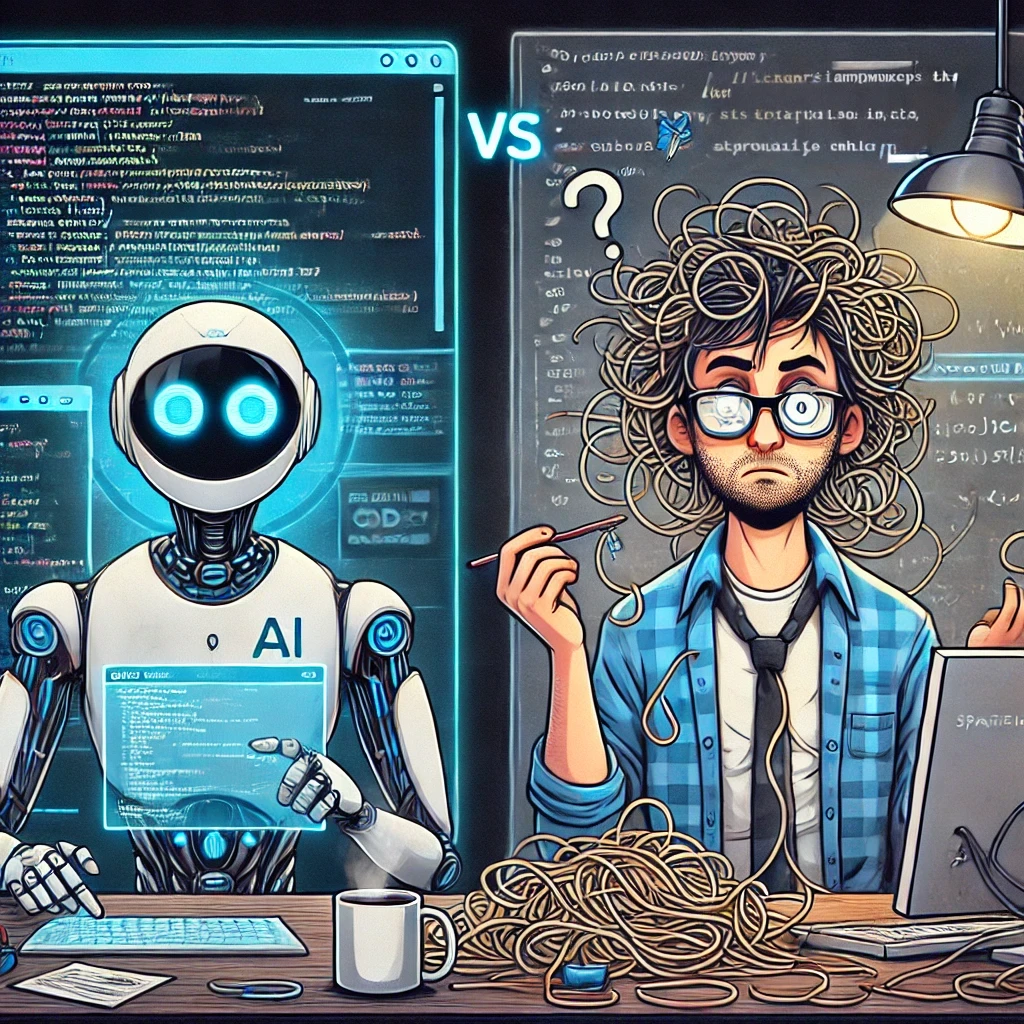
AI vs Human Code Review: Pros and Cons Compared
Code review is a critical step in software development, ensuring code quality, security and maintainability. Traditionally, human reviewers have handled this process, offering valuable insights and contextual understanding. However, AI-powered code review is revolutionizing the way teams approach development by providing instant feedback, consistency and scalability.
In this article, we compare the strengths and weaknesses of manual vs. AI-driven code reviews, examining factors like efficiency, accuracy and scalability. While AI tools excel in speed and identifying repetitive issues, human reviewers bring essential domain expertise and critical thinking that AI still lacks.
We also explore CRken, an AI-powered code review solution that integrates with GitLab, automating code analysis to streamline development workflows. As AI technology evolves, the best approach may not be AI versus human reviewers, but rather a hybrid model that leverages the strengths of both.
Read on to discover how AI and human collaboration can create a faster, smarter and more efficient development process.
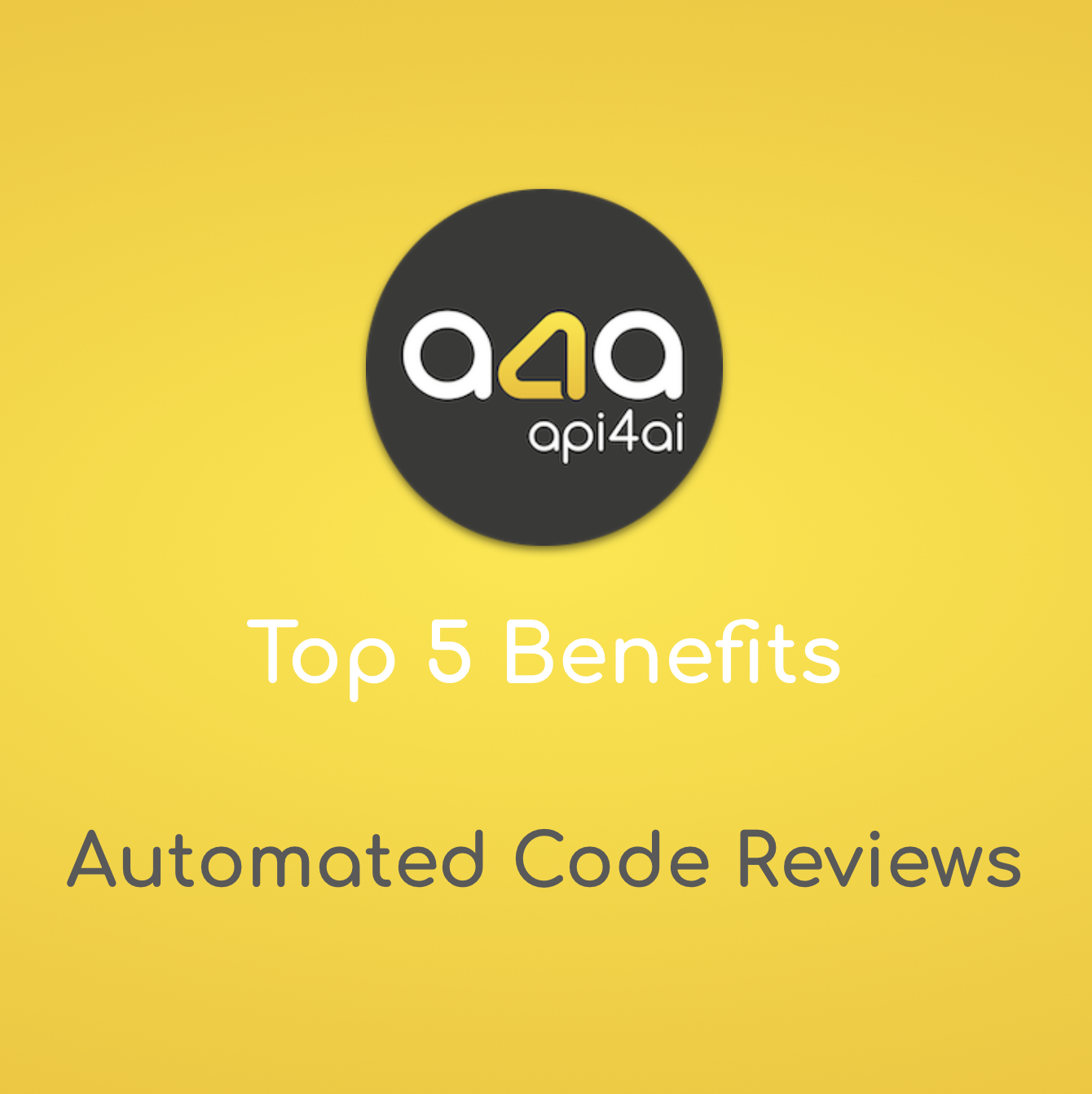
Top 5 Benefits of Automated Code Reviews
As software development accelerates, ensuring high-quality code while keeping up with rapid release cycles has become a challenge. Traditional manual code reviews, though essential, are often time-consuming, inconsistent and prone to human error. This is where automated code review tools come in — leveraging AI and automation to streamline the process, enforce best practices and enhance overall software quality.
In this post, we explore the top five benefits of automated code reviews, including how they ensure consistency, accelerate development, improve collaboration, detect bugs early and drive innovation. With AI-powered solutions like large language models (LLMs) now capable of understanding code context and intent, automated reviews have evolved beyond simple syntax checks, offering deeper insights and smarter recommendations.
By integrating automated code review tools into DevOps pipelines, teams can reduce review times, minimize errors and free up developers to focus on creative problem-solving. Whether you’re working in Agile, CI/CD or large-scale enterprise environments, automation can help streamline workflows and improve efficiency.
Discover how AI-driven code reviews are shaping the future of software development — and why adopting them today can give your team a competitive edge.
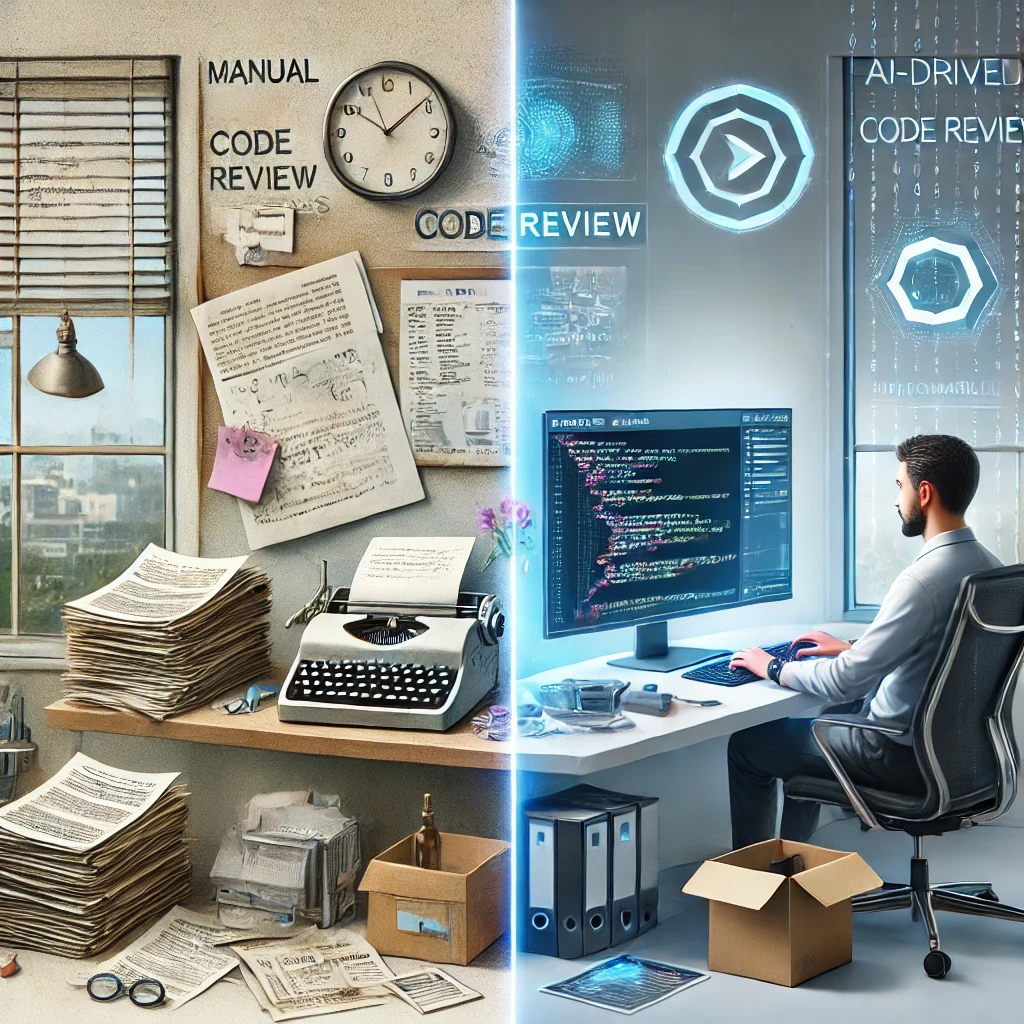
The Evolution from Manual to Automated Code Reviews
Code reviews are an essential part of maintaining software quality, but traditional manual approaches can be time-consuming and inconsistent. Over the years, advancements in automation, static analysis tools and AI-powered technologies have transformed this critical process. From streamlining workflows to enhancing collaboration and boosting code quality, automated code reviews have become indispensable for modern development teams. This blog post explores the evolution of code review practices, highlighting the journey from manual reviews to AI-driven solutions and their profound impact on efficiency, productivity and innovation.

LLMs in Automated Code Review: Transforming Software Development
As software development grows more complex, ensuring high-quality code while meeting tight deadlines becomes increasingly challenging. Large Language Models (LLMs) are revolutionizing code review by automating routine checks, accelerating feedback, and enhancing software quality. These AI-powered tools, integrated into popular platforms like GitLab, provide fast, consistent and actionable insights directly within CI/CD workflows. While not a replacement for human expertise, LLMs complement developers by catching bugs, recommending refactorings, and even identifying security vulnerabilities early. In this post, we explore how LLM-powered tools are reshaping development practices, their benefits in Agile and DevOps environments and what the future holds for AI-driven software quality.
